As an architect who designs cities and buildings around the world, I am a strong believer in the timeless story of the “hare and the tortoise”. The story goes: the overconfident hare races ahead of the slow tortoise and decides to take a nap. Meanwhile, the tortoise keeps moving steadily and ultimately wins the race. It’s a story about how success isn’t about being the fastest or flashiest, but about persistence and minimizing wasted effort—slow, steady, and consistent progress often wins in the long run.
Architecture, too, is a slow art, requiring persistence. It demands patience and effort to design buildings that are adaptable to change and deeply connected to place. Charles Darwin captured this principle well: “It is not the strongest of the species that survives, nor the most intelligent that survives. It is the one that is most adaptable to change.”
To practice what I preach, I have embraced sports as a way of learning about places. During my last visit to Riyadh, I decided—despite a packed schedule of meetings—to explore the city on foot, specifically by running. I set myself a goal: 4 days, 100 km—meaning 25 km each day. I saw this as a way to acclimatize, to let my body and mind grow more attuned to the city, as I view the Kingdom as a future destination for my work.
I usually stay in the Al Olaya district because it allows me to reach many parts of the city easily. I started running around my neighborhood. Olaya Street has good sidewalks, and I could always find my way back to the hotel thanks to the Kingdom Centre Tower. The towers of Riyadh act like lighthouses in a storm, guiding you back when you feel lost.
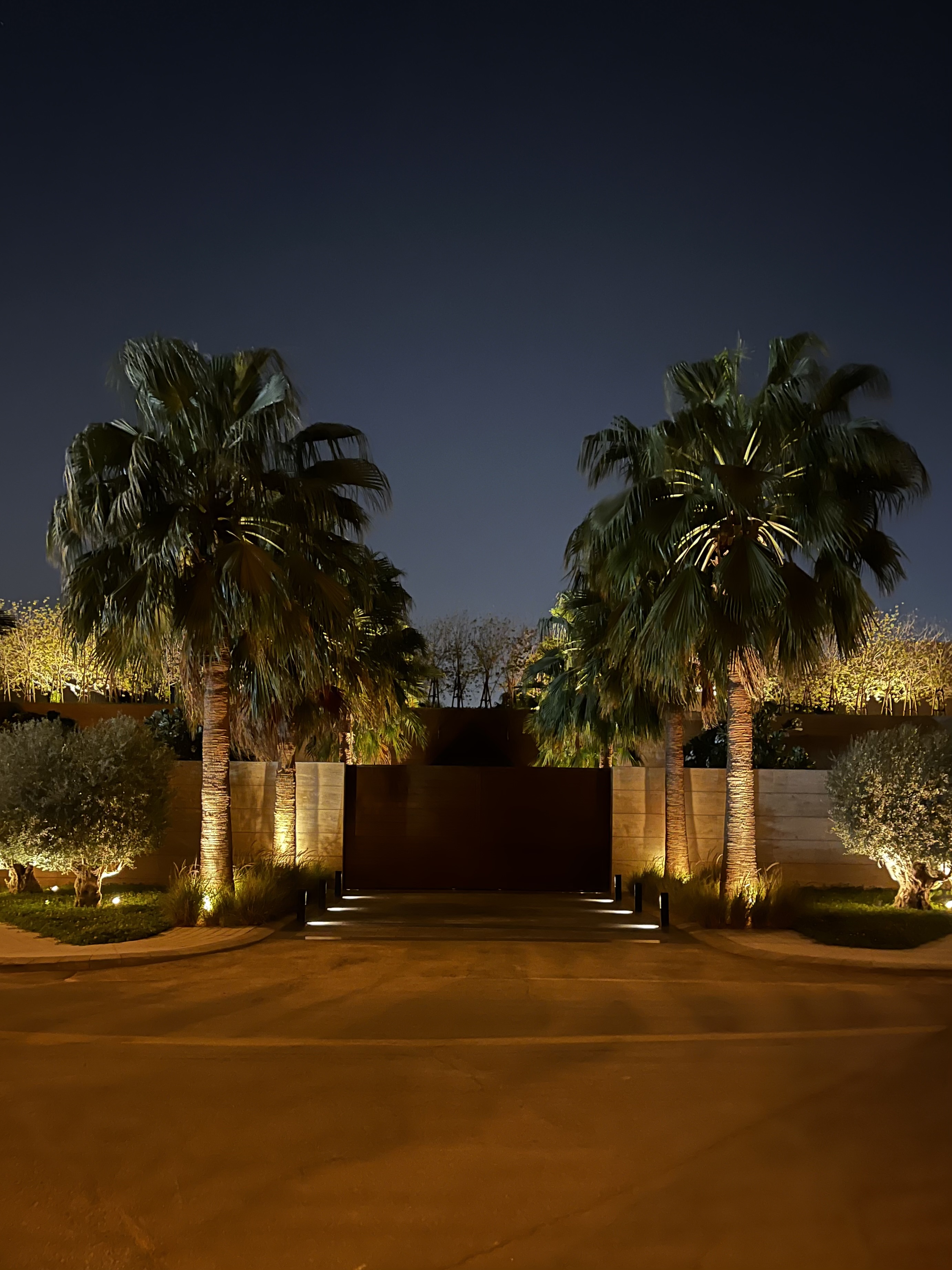
During the day, the temperature climbed to around 42°C, so I ran mostly at night, when it was ten degrees cooler. At night the city came alive. People filled cafés to watch games, drink coffee, or smoke shisha. Cats darted across the sidewalks, scattering as I glided past. After the first two days, despite my ambitions, I had covered only 40 km—just 40% of my goal.
The next evening, after another series of meetings, I almost gave in to fatigue. I told myself I would just run a final 5 km. But when I reached that mark, I checked my watch: it was only 7 p.m., the night still young. I decided to keep going, to set a new goal—running to the newly opened segment of the Sports Boulevard – a massive urban development project which will feature cycling, running, and horse-riding tracks, connecting the city with green spaces, sports facilities, and entertainment areas.
The air filled my lungs, and with each breath I felt more alive. The tightness in my chest and the fear in my heart dissolved. Ahead of me stretched the vast, exciting urban landscape of Riyadh. I had water in my backpack, and I kept hydrated, stopping briefly to apply lip balm as the dry air cracked my lips.
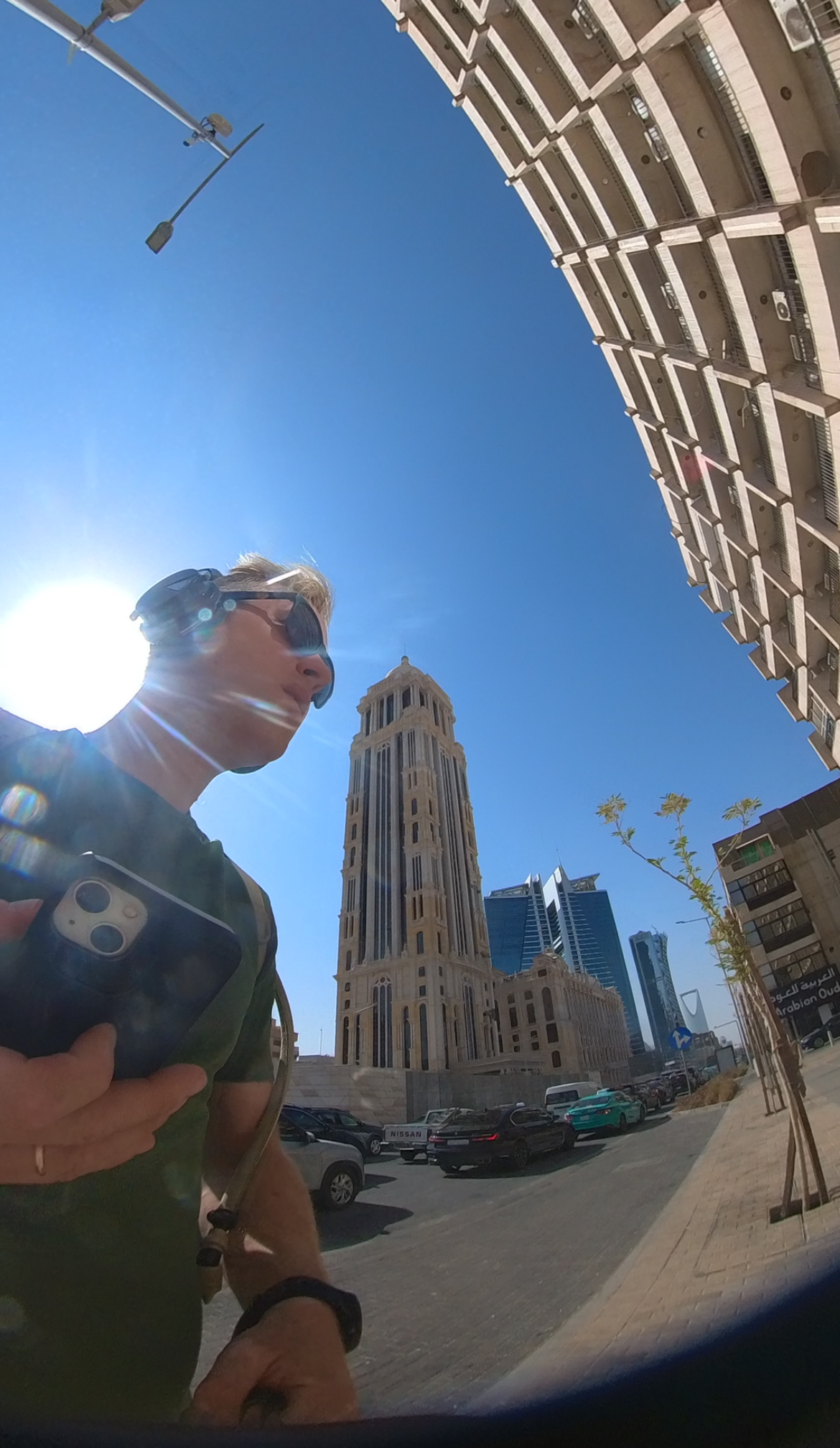
And then something shifted. I didn’t just feel better—I felt incredible. Shops, cafés, and restaurants lined the streets, their aromas tempting me, but the only sounds that reached me were my breath and the steady rhythm of my feet. My mind emptied. My spirit soared. An hour later, I was gliding painlessly toward my destination. First, I saw the colourful arts tower in the distance, then a sequence of elegant structures glowing against the night. I passed cycling bridges, playgrounds, stairways, and pedestrian platforms twisting into the sky. Families gathered for evening picnics—it was a place alive with community.
Finally, I reached my destination – the opened segment of “The Room,” a circular structure raised on stilts above water, illuminated like a lantern in the night. The water cooled the air, creating its own microclimate. It was beautiful. By then, I had run nearly 18 km. I turned back toward my hotel.
On the way, I stopped at a small grocery for water and a handful of raw dates—their natural sweetness fueling me. Dates were nearing the end of their season here, so I savoured them. After a few, I felt a surge of vitality, a rebirth of energy.
A question rose in me, one that would become an obsession: What am I truly capable of? Just hours earlier I had felt trapped in darkness. Now, I felt on top of the world, gazing at the glowing towers of the KAFD district lights. Without pain, I hurled myself toward the cityscape. My steps softened by cobbled pavement, my shoes dusted with gravel, I was flying.
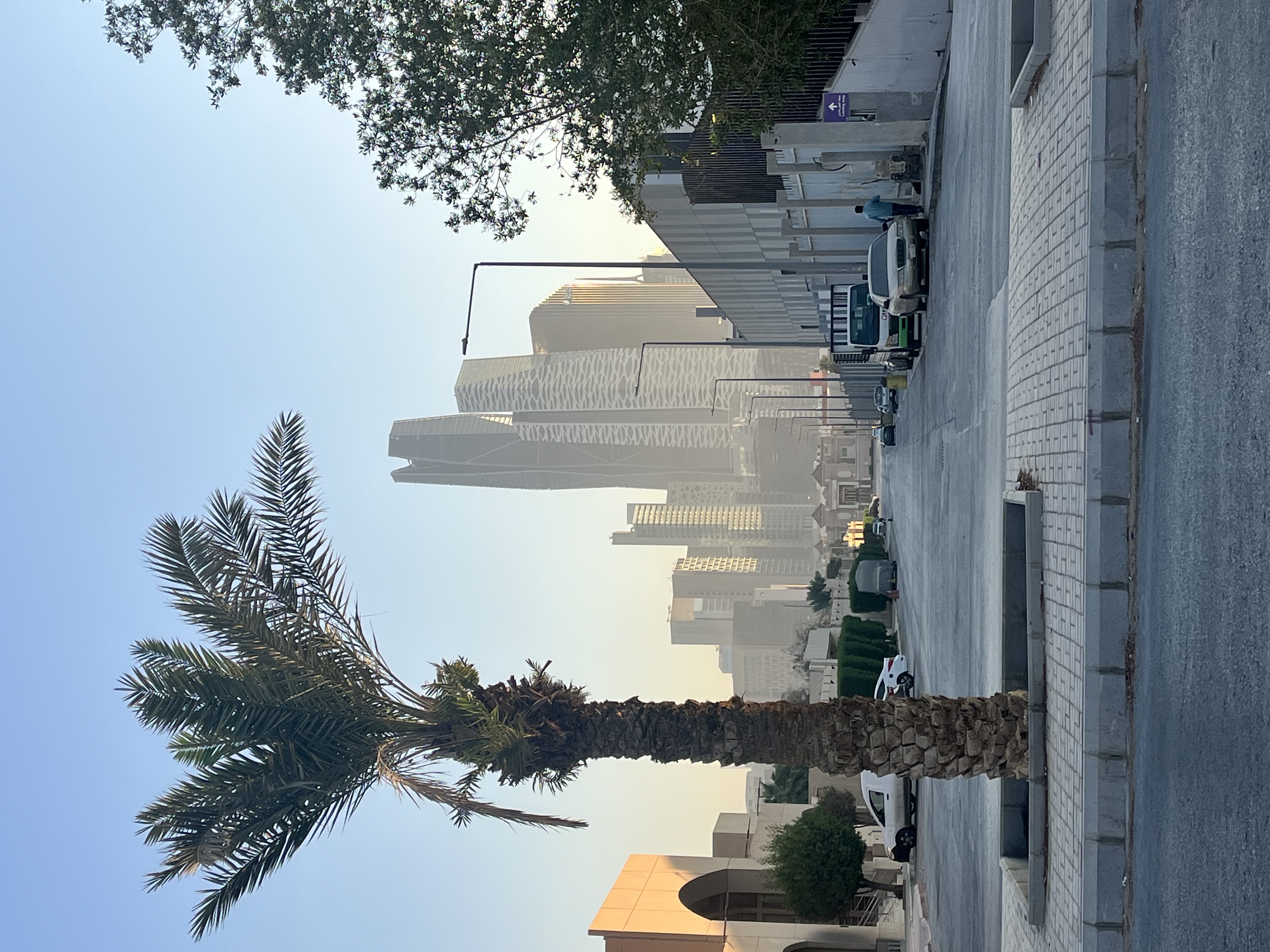
Soon I crossed the bridge over King Fahd Branch Road, circled back past the Kingdom Tower, and returned to my hotel. My watch read 30 km. I had done it. After showering, I layed down, reflecting: in this world, there are people for whom change is elusive, almost impossible—a shimmering object always out of reach. Many search tirelessly for that fountain of reform, strong enough to transform a person, a city, or even a nation. Why do some discover change while others do not? Is it willpower? Or do social conditions, trauma, environment, and countless other forces shape the equation?
Transformation, like Riyadh itself, is a paradox. It is both art and science, both thought and action, both spiritual and practical. As I drifted toward sleep, I realized that change always begins with the simplest principle: one step at a time, one breath at a time. Better choices, better habits, repeated with patience. Sometimes you must stumble to later surge ahead.
The next morning, I knew I had to face the sun. To reach my goal, I needed to run a half marathon in the heat. So, before breakfast, I set out. Past the Ministry of Interior’s distinctive building, past sprinklers spraying cool relief onto grass, I ran south into Al Murabaa, Al Amal, Al Futah, and Thulaim. The heat pressed hard, and people stared as if I were mad. I stopped to refill my bag with water and bought bottles of Gatorade to replace lost nutrients. By the time I returned to my hotel for breakfast—fresh fruit and juice waiting—I had covered 23 km. Only 7 km remained.
That evening, after more meetings, I ran those last 7 km despite the 36°C heat to complete my goal. Passing King Fahad National Library Park, I saw children playing football, families gathering, the city alive again. Back at the hotel, I showered, packed, swam a final time in the pool, and prepared for my last meeting before heading to the airport. The moon hung high. The glow of passing cars painted the glass facades red and orange. The air carried the faint scent of oud. I felt enlightened, raw with joy.
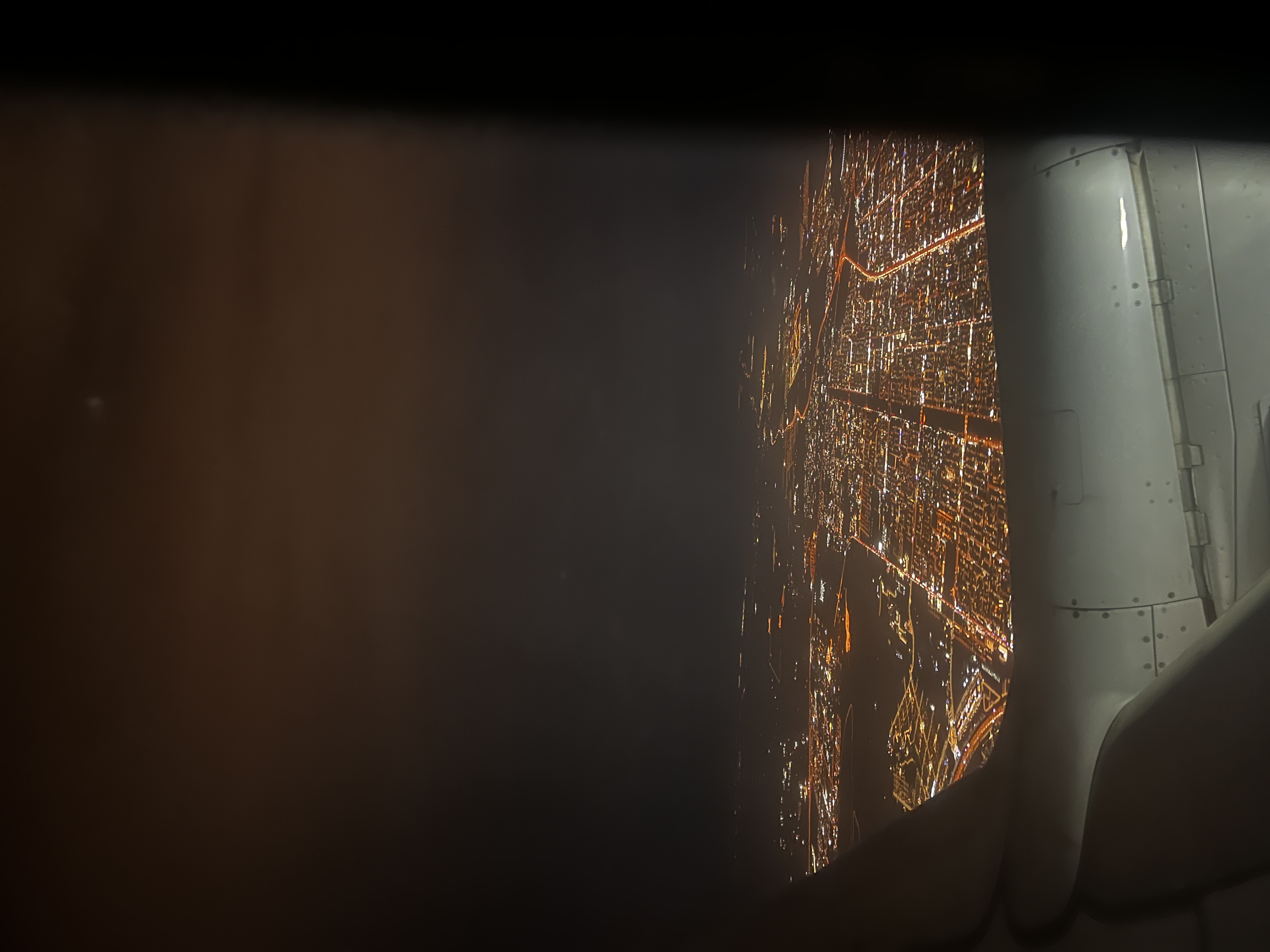
Boarding the plane, I stowed my suitcase, pulled out my notebook, and wrote a single line:
Nothing is static.
I lingered on the words. Gazing down at Riyadh as the plane ascended, the city looked like a mosaic with its grid stretching into the desert horizon. Change is never linear. Growth is complex, difficult. Riyadh has come so far, yet still seeks its place in the world. The same is true for us. Every breath, thought, word, and decision either draws us closer to our destination or pulls us away. Cities, like people, are works in progress. Riyadh tells the story of struggle, tension, and paradox—darkness and light, despair and hope.
We cannot escape tension. We must run with it. Growth is lifelong. Arm yourself with patience, choose well, believe in yourself, and keep moving forward.
The path is yours. Run Riyadh. Run.


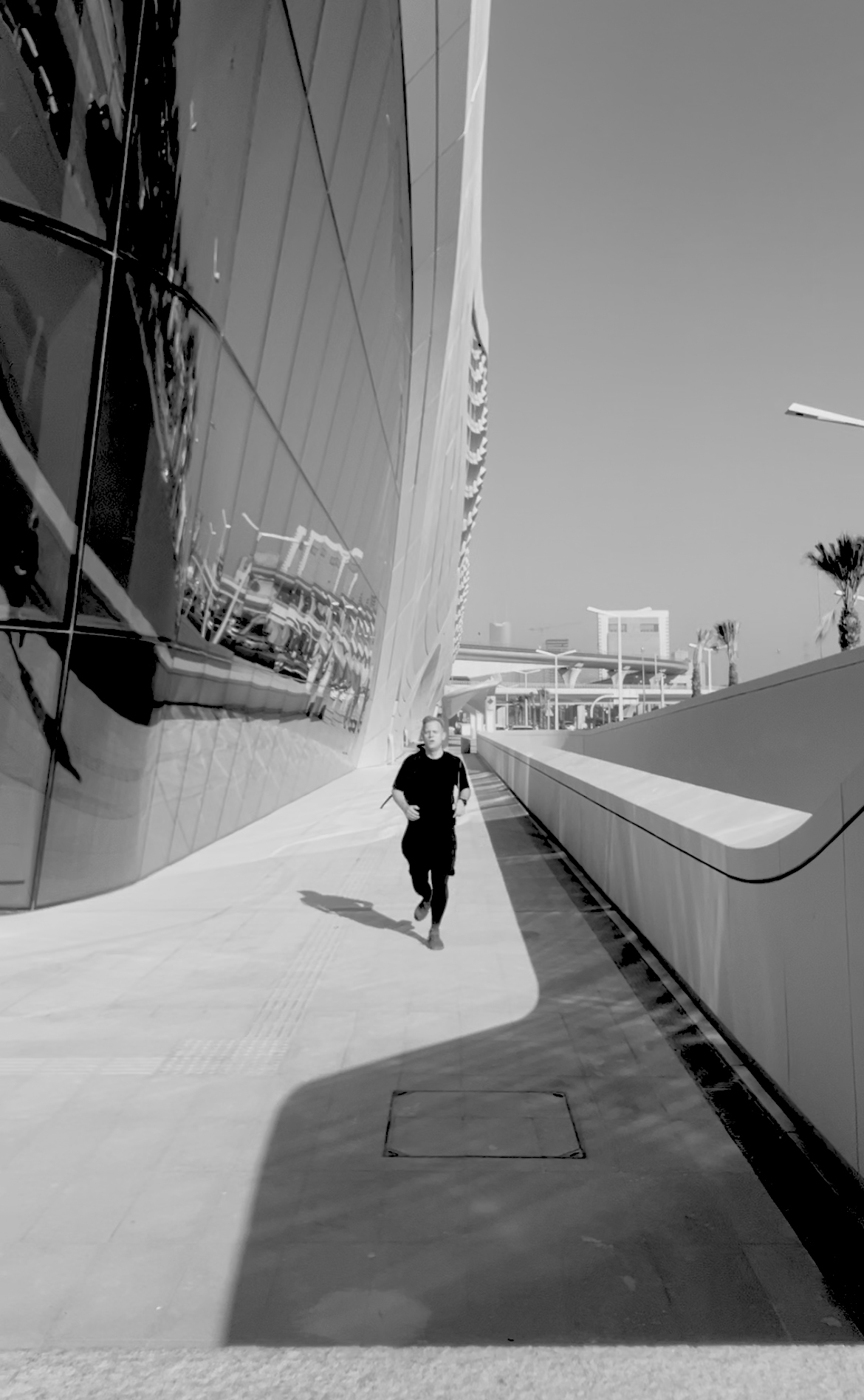


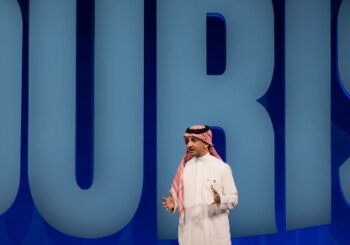
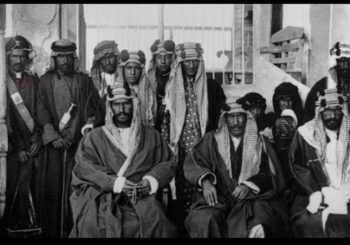
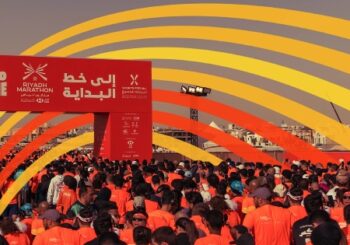
Comments (0)